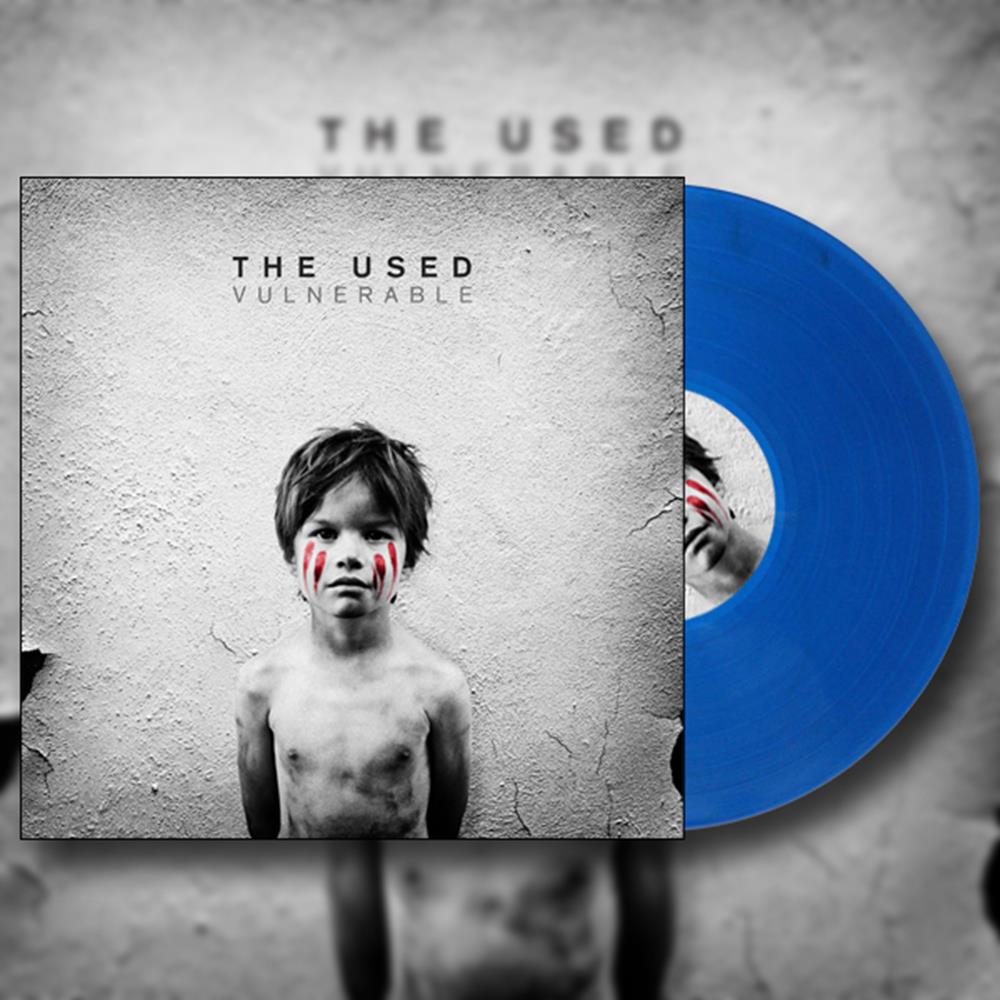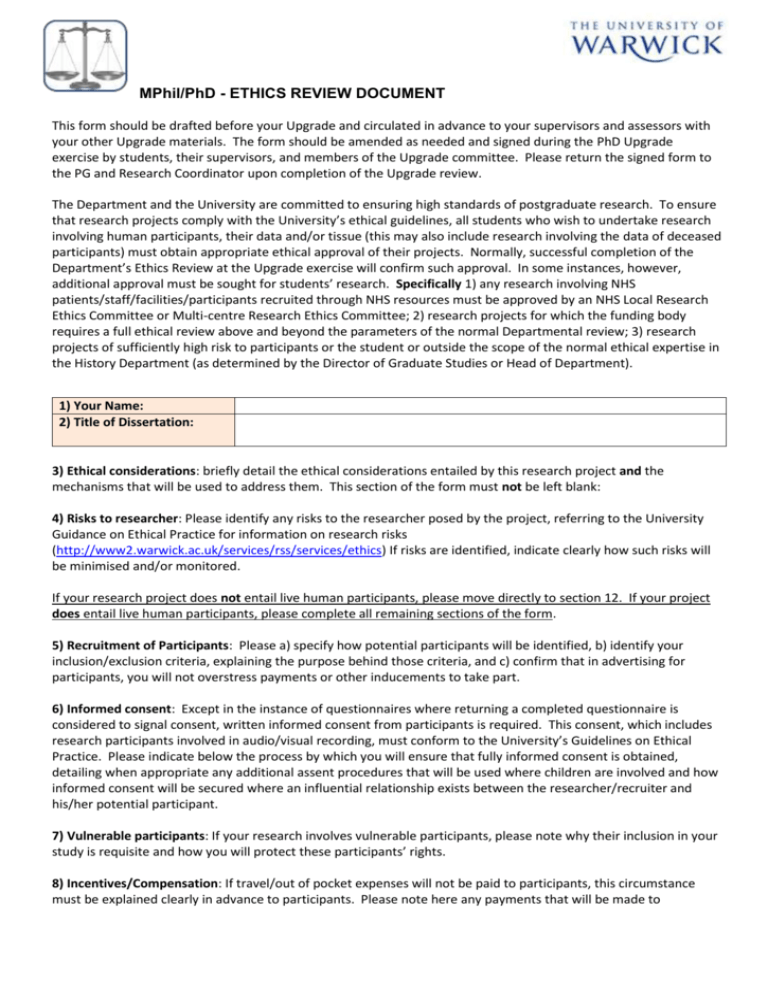
Participants should be adequately and appropriately informed of potential risks arising from their participation in research. Consent from people lacking capacity to make decisions Vulnerability should be considered on a case-by-case basis many groups or individuals not traditionally considered as vulnerable could be exposed to issues as a result of participating in research that make them vulnerable. Passive assent, including group assent (with consent given by a gatekeeper) should be avoided wherever possible, and every effort should be made to develop methods of seeking consent that are appropriate to the groups studied, using expert advice, support and training where necessary.

In cases where research involves potentially vulnerable groups, for example children, older persons or adults with learning disabilities ), every effort should be made to secure freely given informed consent that participants have actively provided.Įvery effort should be made to ensure that they have the time and opportunity to access support in their decision-making, for example by discussing their choice with a trusted adult or relative. Consent from potentially vulnerable people Researchers should be able to justify the approach they take in dealing with unforeseen ethics issues (should these arise) and maintain the integrity of the research. They should also use their research ethics committee as a valuable resource for advice and guidance. Researchers should endeavour to assess the likelihood of additional ethics issues and develop strategies and a framework of clear responsibilities they can refer to should such issues arise. When working with participants who are considered vulnerable, researchers may find themselves in a position of increased responsibilities or expectations (for example, when an interview reveals that a participant is in significant danger and the researcher is obliged to take action), which do not fall within the scope of the research project.

Researchers will need to assess potential vulnerability within the context of the research, in terms of potential consequences from their participation (immediate and long-term) or lack of positive impact where this is immediately needed or expected. Participants may not be conventionally ‘vulnerable’, but may be in a dependent relationship that means they can feel coerced or pressured into taking part, so extra care is needed to ensure their participation is truly voluntary.
#The used vulnerable review professional
Vulnerability may be defined in different ways and may arise as a result of being in an abusive relationship, vulnerability due to age, potential marginalisation, disability, and due to disadvantageous power relationships within personal and professional roles. Researchers will need to consider additional ethics concerns or issues arising from working with potentially vulnerable people.


 0 kommentar(er)
0 kommentar(er)
